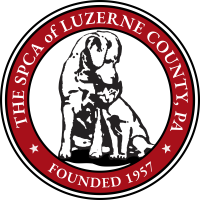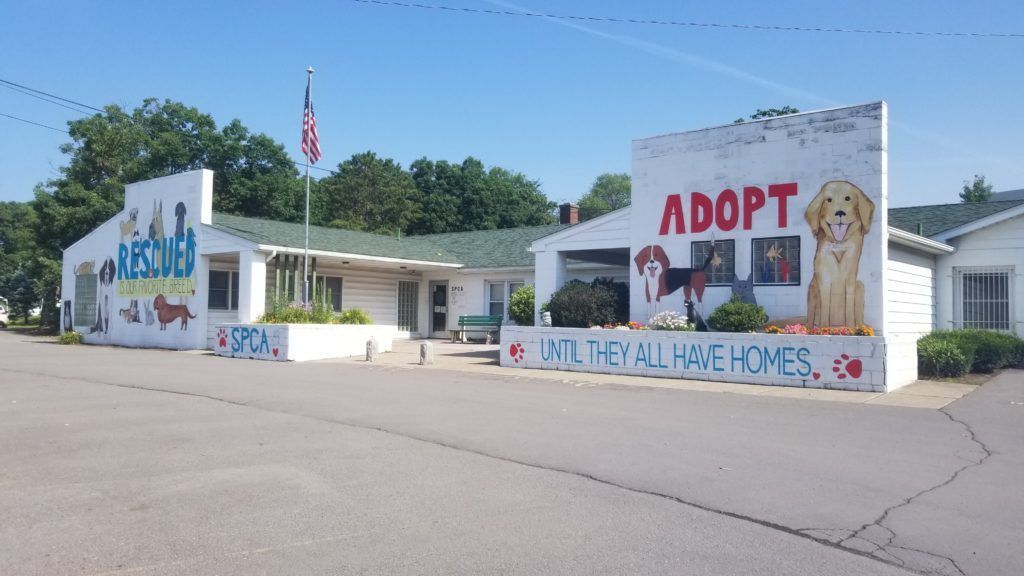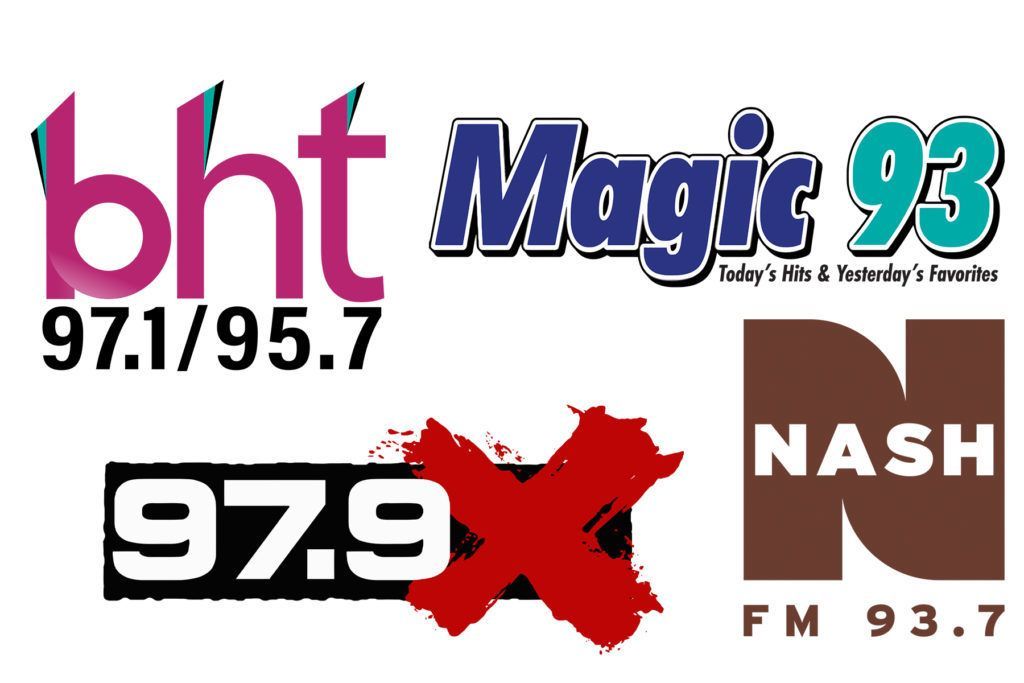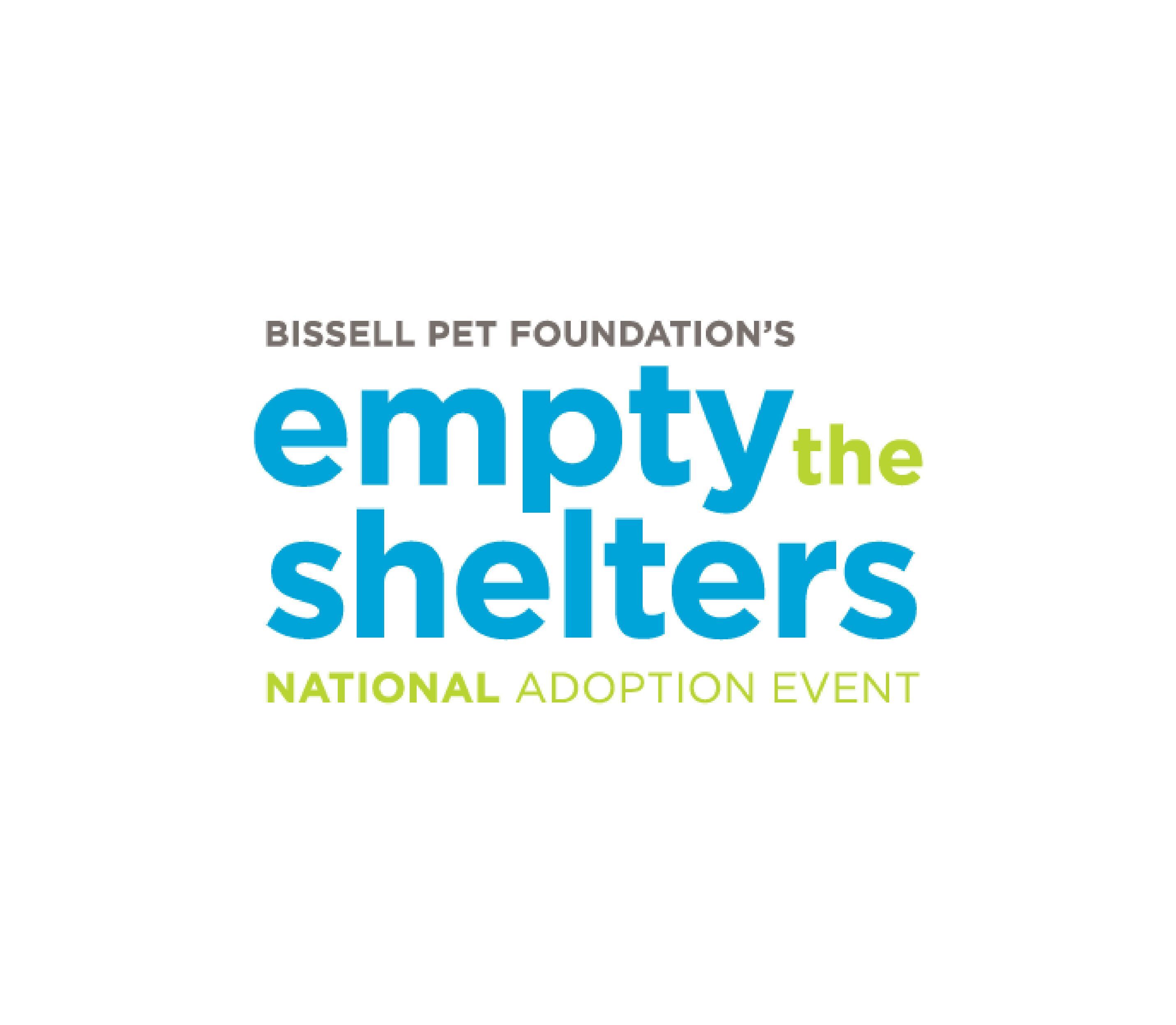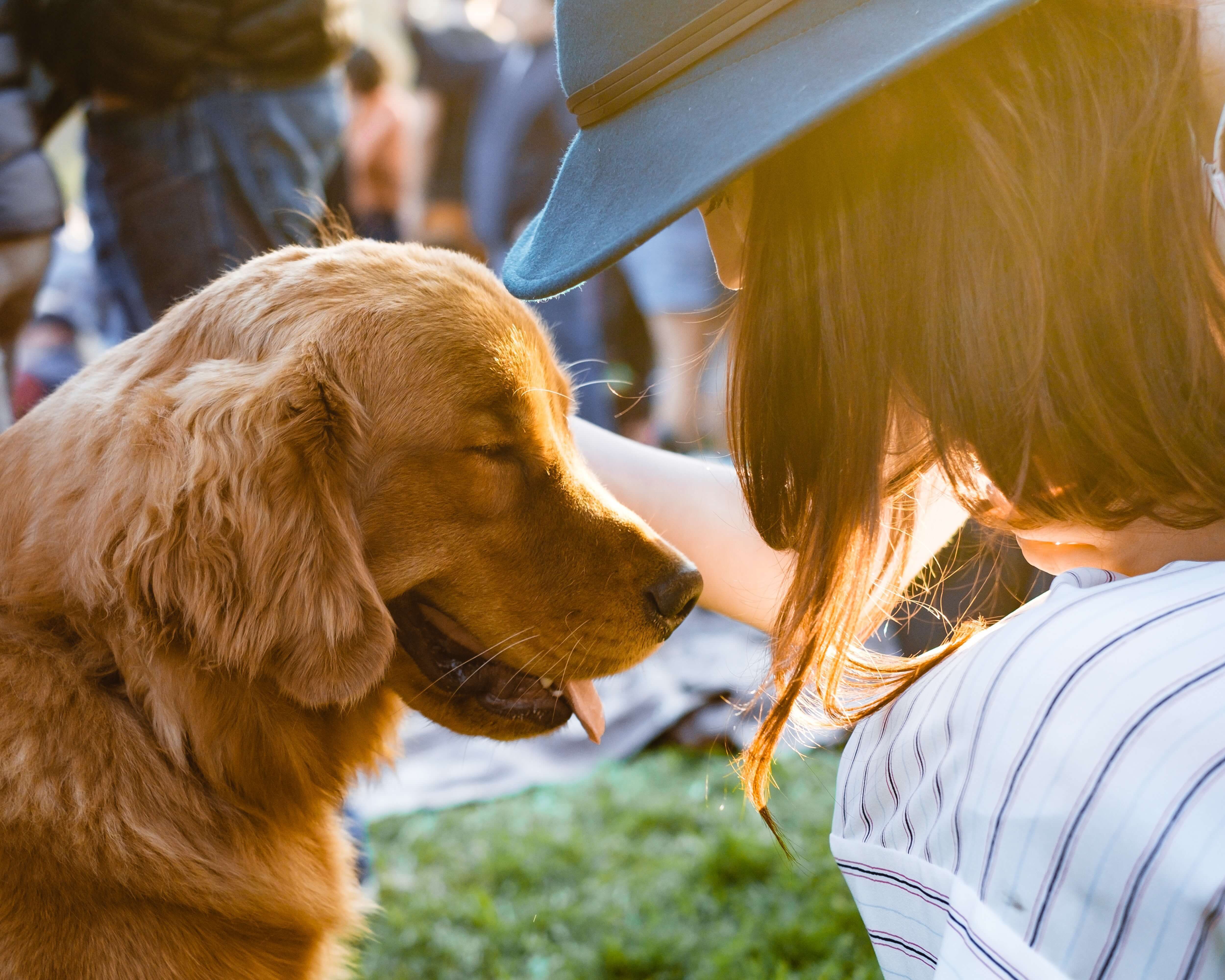
There are no two ways about it - proper early socialization (before 16 weeks old) is imperative to a dog’s overall wellbeing and development. Whilst a lack of it does present some challenges, though, thankfully there are ways to reverse the negative impacts and significantly improve a dog’s social skills and wellbeing with a few key tips and resources.
Firstly, set some realistic expectations
Prepare yourself for the fact that it is unlikely that your dog will ever be quite as comfortable and accepting of other animals, people and every day sights and sounds as they otherwise may have been. But that’s ok! Perfection needn’t be the goal. Not every dog has to love everybody and everything to be a great pet, nor do they need to feel completely comfortable with absolutely everything to still feel general safety, security and happiness.
So, you may not end up with a super social pup, but so long as they end up happy and content overall, it’s still a big win.
Start small
Keep the world that you want your dog to become comfortable with nice and small to start. For example, if they seem quite content in your backyard, yet freeze as soon as they are expected to venture further afield, stick to the yard to start!
The team at The Vets point out to initially do all of your socialization and introductory work somewhere they feel comfortable and safe. Give them a chance to build up their confidence before attempting to expand their comfort levels into new territories. You will both progress far more with baby steps and focusing on building upon small, successive victories.
Where to begin
It can help to keep a diary of new experiences that your pup is exposed to, and how they have reacted, to track your progress. For example, consider all of the different daily interactions and environmental sensations that you wish they were comfortable with, and go through them one by one. Here is a short list of a few categories to get you started:
Sounds - Doorbell, alarm clock, barking dogs, car horns, hair dryer, motorcycle, new voices, vacuum cleaner, yard tools, fireworks, etc
Animals - Birds, cats, other dogs, any other common wildlife to your area, etc
People - aside from those generally new to the household, consider differing appearances such as - children, heavy people, those in wheelchairs, people dancing, holding umbrellas, people with facial hair, those wearing glasses, wearing hats etc
Touch - being picked up, being dried with a towel, having their ears, mouth or paws touched, having their nails clipped, being bathed, having their tummy rubbed, having their teeth brushed, etc
Slow and steady wins the race
When it comes to improving the life of a previously under-socialized dog, patience truly is a virtue. Pay close attention to your pup’s comfort levels and only go at a pace that doesn’t elicit too much stress for them. Don’t do yourself (or them) the disservice of placing an arbitrary artificial timeline on any progress and certainly don’t put too much pressure on yourself or your dog.
With the right guidance and lots of understanding and patience, your dog should make some really reassuring progress.
Reward them generously
Find out what they love the most and use it to both your advantages. If food-related treats are their primary motivation, consider what their favorite treats are and use them generously to reward the wins - although, depending upon the type of food, be careful to keep a healthy balance for them.
If they are more motivated by play, reward them with a good game of tug or fetch to help them to feel joy and associate it with conquering their fears. Just be sure not to make the rewards so distracting that their minds are completely taken off the positive progress that they are being rewarded for!
Don’t be discouraged
There will inevitably be some setbacks in your dog’s progress and that’s perfectly normal. Don’t get too frustrated or give up. When you feel like you’re not getting anywhere, take a breath, pause, perhaps reevaluate your approach, but don’t give in. Perhaps increase or change up the rewards you use, or consider enlisting some help.
Get some help
Working with a dog that has missed out on early life socialization can be a daunting task and every dog is different. Unless you are making significant progress with relative ease, it’s recommended that you seriously consider seeking some professional help to guide you through the process. Especially if it’s your first pet or adopted animal, you don’t need to do it all alone!
An experienced trainer can make all the difference when it comes to formulating the best plan for your pup. It is also a good idea to consult with a vet and/or veterinary behaviorist, especially if your dog would benefit from some anti-anxiety medications to help them on their way to improved socialization and general well-being.
Because every dog is different, it can sometimes take a combination of medications and supplements as well as bucket-loads of patience, but with the right approach, even the most socially deprived of pups can make significant and heart-warming improvements. Hang in there!
